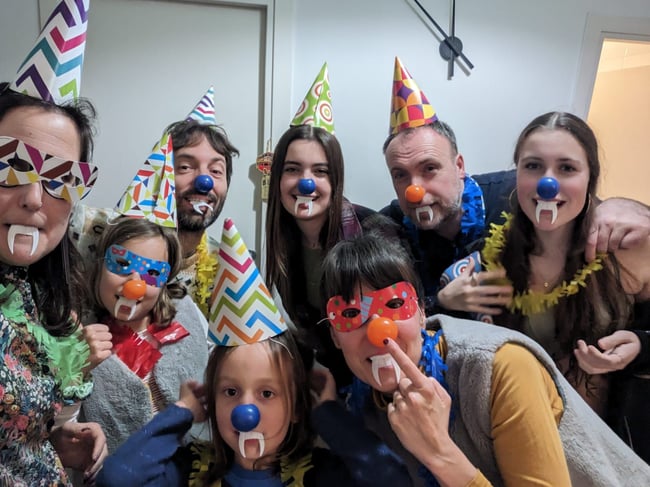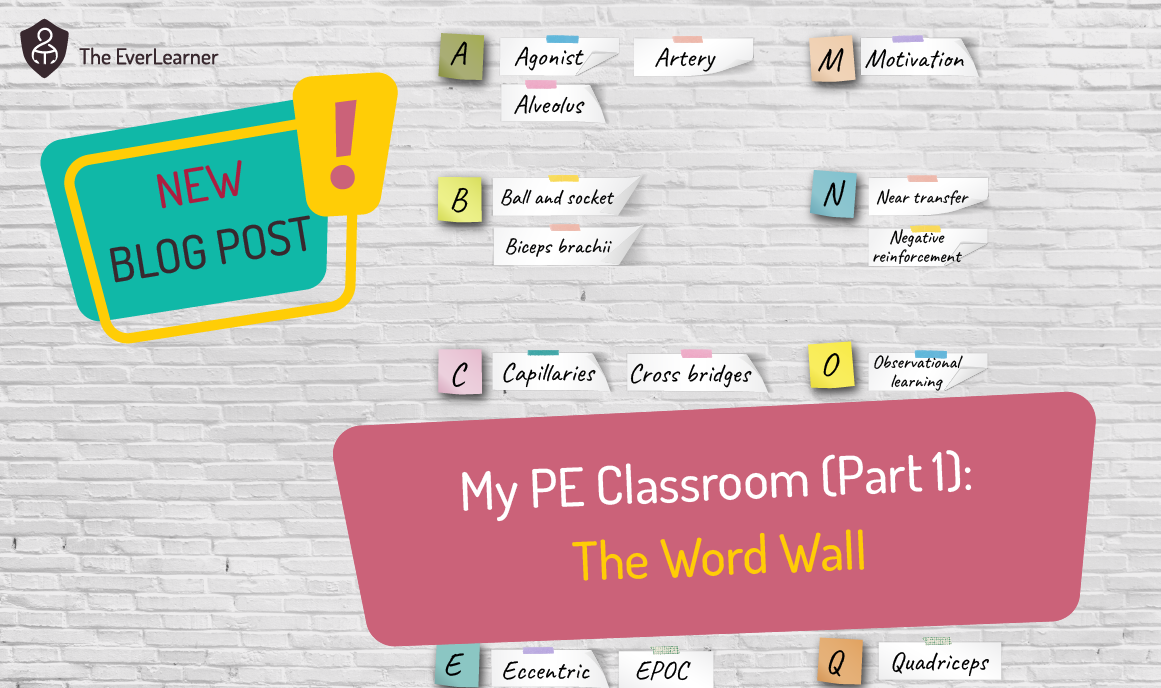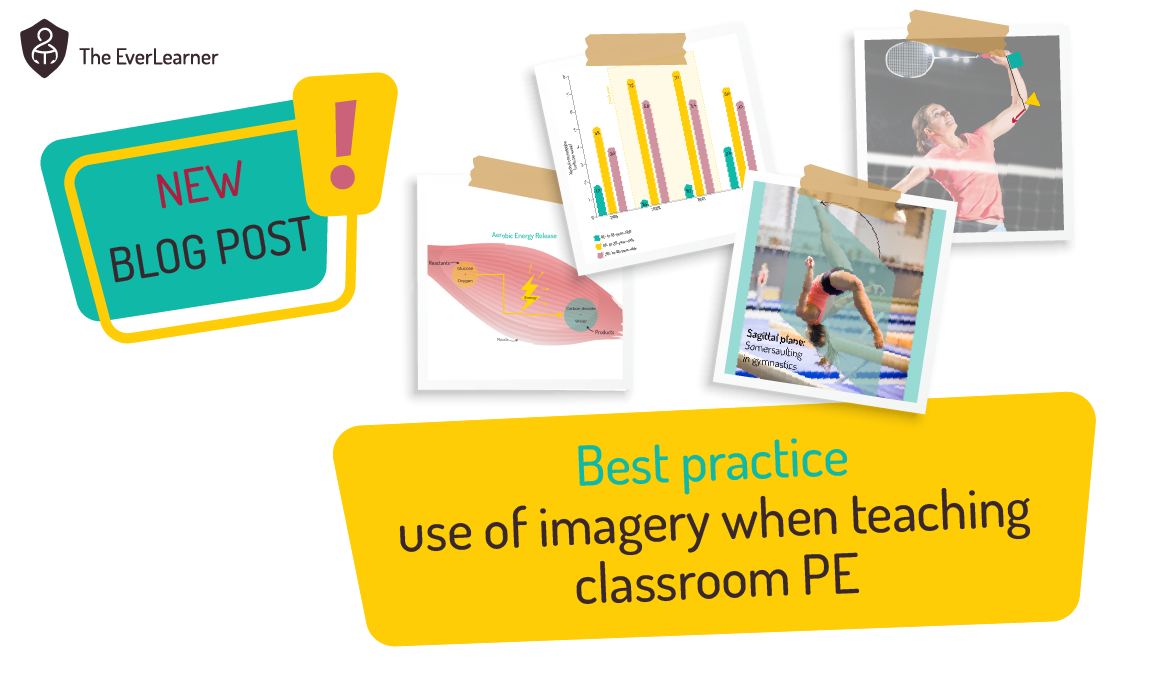How to Make Command Words your Teaching Strategy
Firstly, happy New Year and welcome to the Changing Rooms blog 2023. I hope you have had a wonderful winter break and you feel rested. Marta and I spent the entire break in Barcelona catching up with Marta’s family and friends. It was mostly a quiet trip but it was filled with coffee meets and lunches. The photo below is of my family and some close friends and their family, at the moment that 2022 turned to 2023 and we celebrated the Catalan way dressing in silly costumes and rapidly eating twelve grapes as the twelve bongs of midnight were sounded.

This post is my first of 2023 and it may well be a short one because I am writing it whilst flying back to Gatwick from Barcelona. Within the post I want to re-stress a point that I have made frequently during 2022 and that is that our lesson objectives need to be firmly rooted in the development of skills.
Previously, you may have read and even downloaded my yearly planning methodology. This structure clearly emphasises which specific skills I aim to develop in my students within each block of learning. I value this approach, as it allows me to present, guide and assess knowledge through specific lenses of skills. It also makes my planning very simple.
Let’s take an example. If I am teaching GCSE PE, say, and I want the students to learn about guidance as part of a skill acquisition unit, I must ensure that this knowledge also develops the skills of describing, explaining and evaluating. Now, these skills are not selected randomly. Rather, if I review all of the exam questions that have previously been asked about this topic, there is a trend of these specific skills.
This video was originally published in a blog post called "How to analyse PE Exam Papers" (March 16, 2022)
With this in mind, I now know that I want to develop the skills of…
- Describing
- Explaining
- Evaluating
Through the knowledge of …
|
Types of guidance to optimise performance |
Visual |
Demonstration |
|
Video guidance |
||
|
Wall chart |
||
|
Software |
||
|
-Lots of information in one go |
||
|
-Does not develop a feeling of the skill |
||
|
-Learners struggle to replicate model - can be discouraging |
||
|
Not relevant for advanced learners unless it is their own performance or software-based. |
||
|
+Excellent for beginners |
||
|
+Creates a mental picture |
||
|
Verbal |
Instructions |
|
|
Coaching points |
||
|
Tactical guidance |
||
|
-Not suitable for inexperienced i might not understand or can’t process info or have short attention |
||
|
-Terminology may be too technical |
||
|
-Can cause information overload |
||
|
-Misinterpretation of instructions |
||
|
-Requires concentration |
||
|
Could be boring |
||
|
-Don’t see the perfect model |
||
|
+Brings focus to specifics |
||
|
+Good for tactics |
||
|
+Can be combined with visual |
||
|
Manual |
Physically manipulating a learner into the correct position/technique |
|
|
-Can lead to over-reliance |
||
|
-Awkwardness/Safeguarding |
||
|
+Provides kinaesthesia |
||
|
+Increases safety |
||
|
Mechanical |
Physical aid or device to support movement |
|
|
-Can lead to over-reliance |
||
|
-Can be expensive/exclusive |
||
|
+Increases safety |
||
|
+Increases rate of learning |
I believe that this idea will not shock you. It feels like common sense but I do wonder to what degree the teaching profession approaches the learning of skills with this level of intention. Furthermore, I wonder to what degree the teaching sector is fully familiar with how to actually develop these skills.
So, allow me to post some blunt but rhetorical questions to you:
- Can you clearly summarise the differences between describing, explaining and evaluating, say?
- Do you have a repertoire of teaching and learning behaviours that are focused on the development of these specific skills?
- Do you select assessment (whether formative or summative) materials specifically because they assess these skills?
- Do you diagnostically analyse students’, groups’ and cohorts’ skill performances?
I believe that relatively few teachers will answer yes to all four of these questions, so please don’t feel bad if this is the case for you. I have taught many, many lessons that have fallen short of this standard. But I do believe that this should be our aspiration and that within the space of this blog it is fair to pose these questions to help us all reflect.
So, what am I asking you to do?
Firstly, read to the end of this post if you have got this far as you clearly have an interest in this topic. Secondly, I would like you to consider restructuring a small block of learning so that you target a specific set of skills through your teaching. I typically structure learning into two-week blocks and this may be a simple model for you to experiment with.
For your two-week block of learning, establish which skills you wish students to develop and why. Furthermore, establish the exact knowledge that will form the basis of the learning.
Once you have this, start to consider what experiences your students will need to not only absorb the new (I presume) material but, more importantly, to also manipulate this material into the specific framework of the skills that the students need to develop.
Finally, structure some learning and assessment materials that allow you and the students to diagnose which skills are performing better and worse.
In order to help you with this, I thought it would be useful to provide a specific example. Once again, I am going to use the example of guidance from GCSE PE but please be aware that this would work with any set of skill and knowledge objectives from any course.
Rather than taking you through a series of lesson plans, I want to simply list what I expect to happen across this lesson or series of lessons. This list is not exhaustive but will hopefully provide you with a clear picture of my thinking.
Delivery
- In most cases, students will learn the core knowledge material from video. This is likely to happen as a pre-loading homework before the lesson via TheEverLearner.com
- Their knowledge will be quizzed in practice and test mode incorporating questions that are founded in the ‘Describe’, ‘Explain’ and ‘Evaluate’ skills. Once again, this is likely to happen before my lesson.
- My lesson will be practical and the group will directly experience visual, verbal, manual and mechanical guidance. In the past, I have tended to do this through a basic introduction to passing and receiving in lacrosse but it could be achieved through any activity.
- Students will receive a summary sheet of each methodology and the descriptive language that goes with it.
Skill development
- I will now target the ’Explain’ and ‘Evaluate’ skills.
- In order to evaluate, I will typically use an agreement circles methodology:
The stimuli will be statements such as:
- “Guidance methods are mostly done in isolation.”
- “Visual guidance is the best method for beginners learning to swim.”
- “Mechanical guidance is not practical when working with groups of students in a PE lesson.”
- “Visual guidance always involves a demonstration.”
- “Manual guidance is the best way to develop the correct feeling of a skill.”
- “Verbal guidance is done in groups.”
In each case, students will decide on their position in relation to the statement and will annotate their whiteboard with the reason they chose this. Furthermore, all relevant answers will be recorded onto a centralised whiteboard for use when writing tasks commence.
Assessment and diagnostic
- Students will quiz further on the topic in practice and test mode. This will help to highlight whether any group members are struggling with the knowledge.
- Students will practise exam question writing in the framework of pass the buck (link to questioning method and resources for pass the buck)
- Students will engage with exam questions on ExamSimulator to extract skill performance diagnostics.
What is written above is highly adaptable and the order and time spent on each experience can vary hugely from group to group or student to student.What’s important is that skill development has its rightful place at the centre of the lesson experience and that students should now be better able to perform the skills of ‘Describe’, ‘Explain’ and ‘Evaluate’ for this and, importantly, other material. You see, when we develop the evaluate skill, say, it is not only the current topic area that benefits. Students themselves become better evaluators and these skills can be applied proactively and retroactively to other material.
To end this post, I would like to ask you to consider posting a comment about what you have read. Does this article change anything for you? Do you have any examples of how you already do this or plan to do this in the future? Do you believe that what I am advocating for is correct or even practical? I would greatly value your feedback. I always read comments and always reply. :)
Thank you for reading and please consider subscribing to the blog.
%20Text%20(Violet).png)


